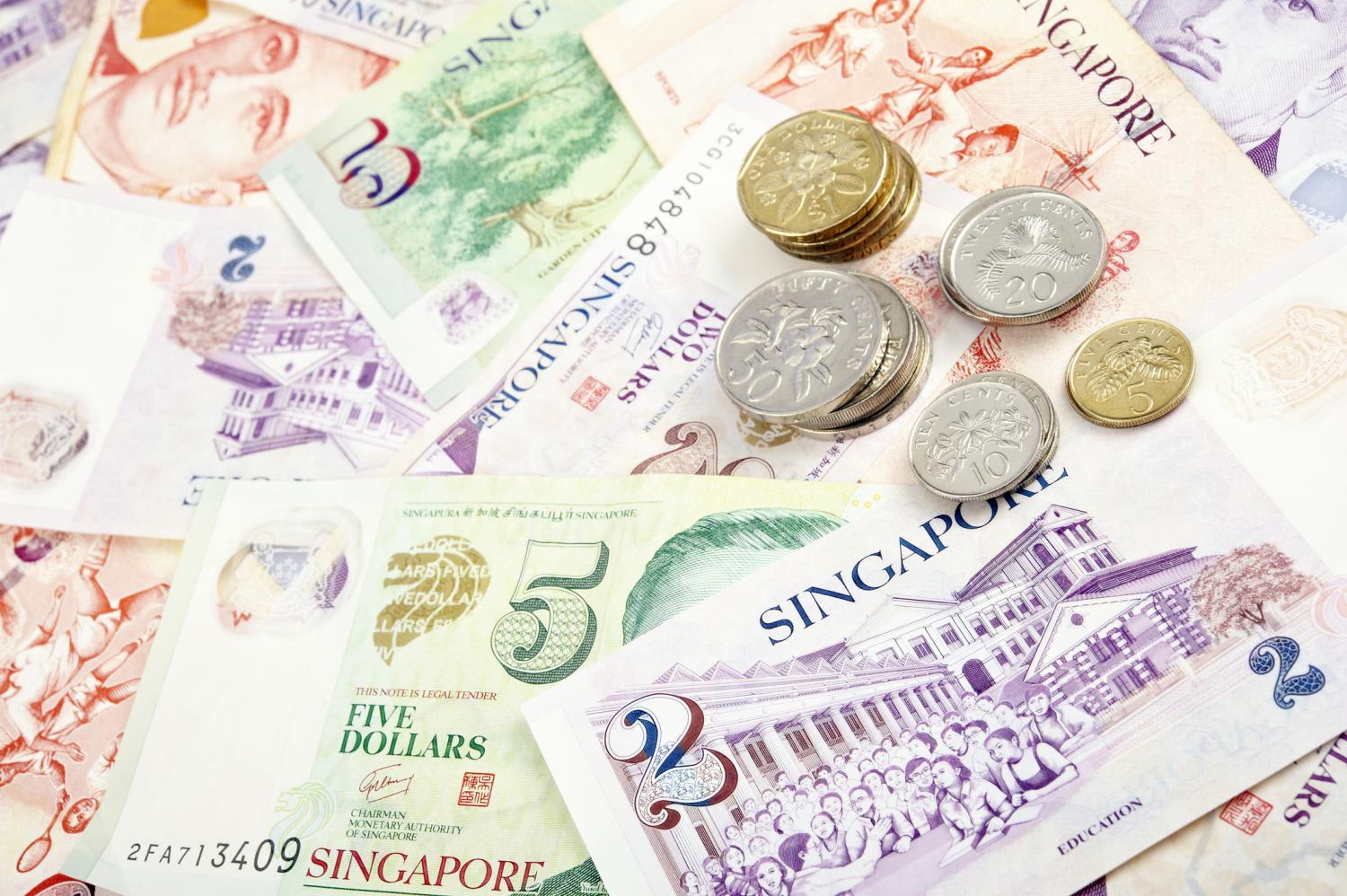Money Talks Podcast: MT Explains - How Singapore’s S$NEER monetary policy can affect your coffee and holidays
S$NEER – the Singapore dollar nominal effective exchange rate - is a critical component of Singapore’s monetary policy.
Jeff Ng, head of Asia macro strategy at Sumitomo Mitsui Banking Corporation, tells Andrea Heng how this affects the price of our daily coffee or our shopping sprees on holiday.

Here’s an excerpt from the conversation:
Andrea Heng, host: Does a stronger currency necessarily translate to more spending power, or does it come at a cost to Singaporeans? Say we earn in Singdollar, but we also have to spend in Singdollar, right? So in my head, the benefits are offset in a way? Jeff Ng, head of Asia macro strategy at Sumitomo Mitsui Banking Corporation: Yes. So I think it's always appropriate to have the right policy, the right strength in terms of the Singapore dollar. So imagine a worker, if the Singapore dollar is too strong, maybe he doesn't even have a job in the first place. Then they will not have even the Singdollar to spend anyway. So it has to be at the appropriate level.
Then when you look at the price adjustments, it's at the right stage for Singapore and their workers to be able to spend on all international products.
Because when the currency is too strong, whatever you're exporting becomes quite expensive as well.
Andrea: And then no one wants to buy your stuff. So when we spend that money, then it becomes a benefit to us overseas. And that's why we saw so many Singaporeans traveling, because our Singdollar was stronger than say, the Japanese yen. Is that a good example of how it benefits us in return? Jeff: Yes, but on the other hand, it is also bad for the economy, right? Because instead of spending in Singapore and boosting retail sales, you are spending overseas.
Andrea: How does a stronger dollar affect our investments? And if the S$NEER is adjusted to weaken the currency, how do we then make our portfolio adjustments, if any? Jeff: So if the Singapore dollar is so strong, when other countries think about investing in Singapore, they do not have so much to convert to Singapore dollars. It's too strong. So I think, of course, it has to be at a balanced level.
But if it's very weak, it also signals the fact that maybe the economy is not doing very well, or there's some issues.
Then, perhaps the MNCs or companies may think about investing somewhere else as well. So I think there are several factors in play and it's (all) about balance.
Find more episodes of Money Talks here.
A new episode of Money Talks drops every Tuesday. Follow the podcast on Apple, Spotify or melisten for the latest updates.
Have a great topic for us? Drop the team an email at cnapodcasts [at] mediacorp.com.sg">cnapodcasts [at] mediacorp.com.sg
免責聲明:投資有風險,本文並非投資建議,以上內容不應被視為任何金融產品的購買或出售要約、建議或邀請,作者或其他用戶的任何相關討論、評論或帖子也不應被視為此類內容。本文僅供一般參考,不考慮您的個人投資目標、財務狀況或需求。TTM對信息的準確性和完整性不承擔任何責任或保證,投資者應自行研究並在投資前尋求專業建議。
熱議股票
- 1
- 2
- 3
- 4
- 5
- 6
- 7
- 8
- 9
- 10